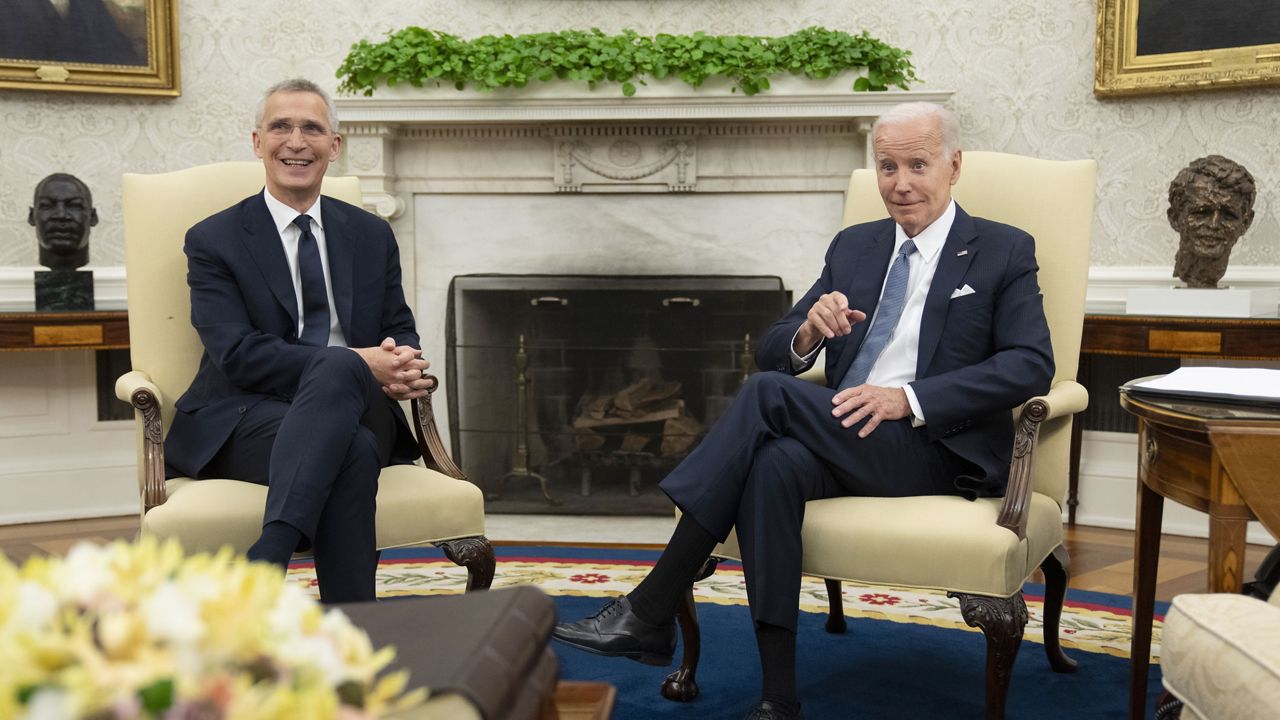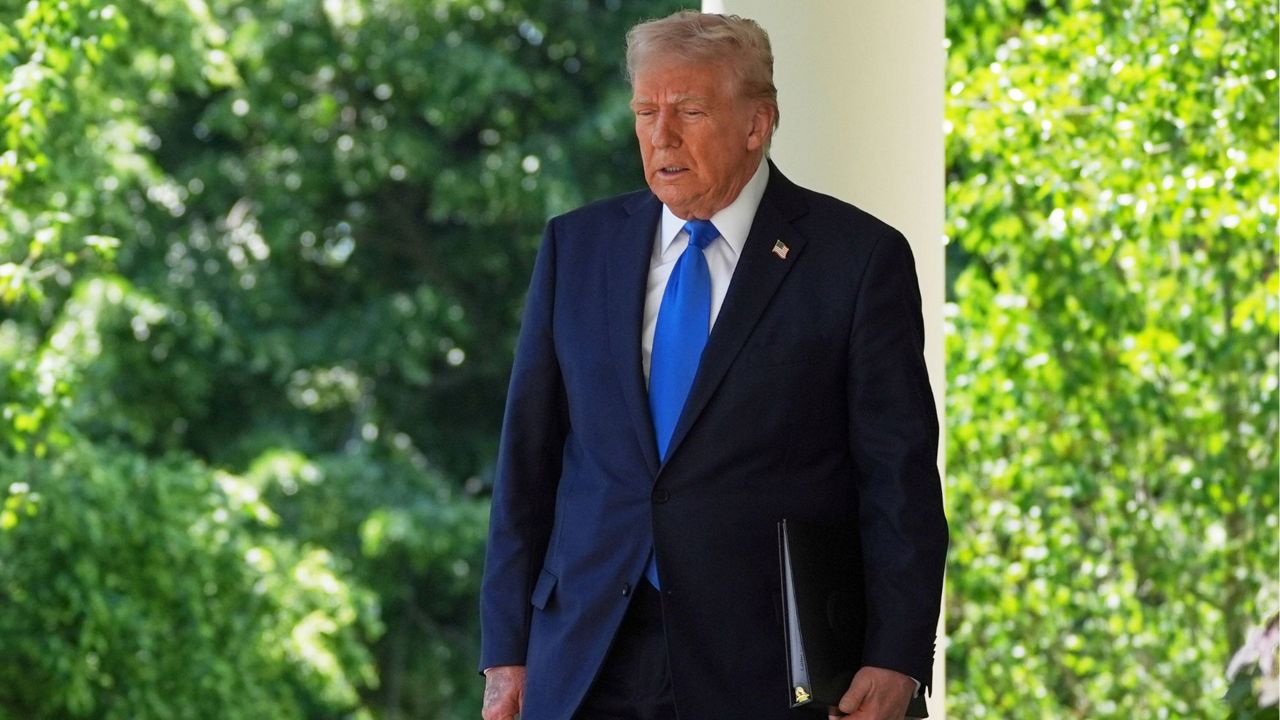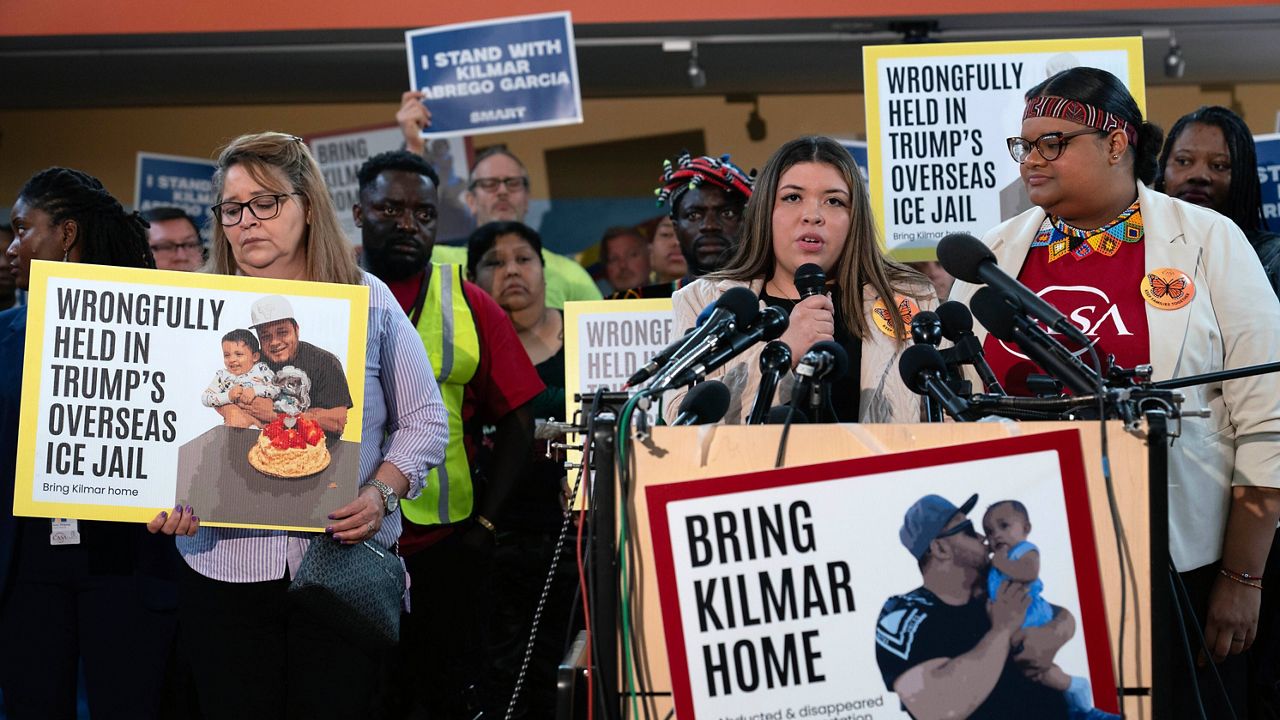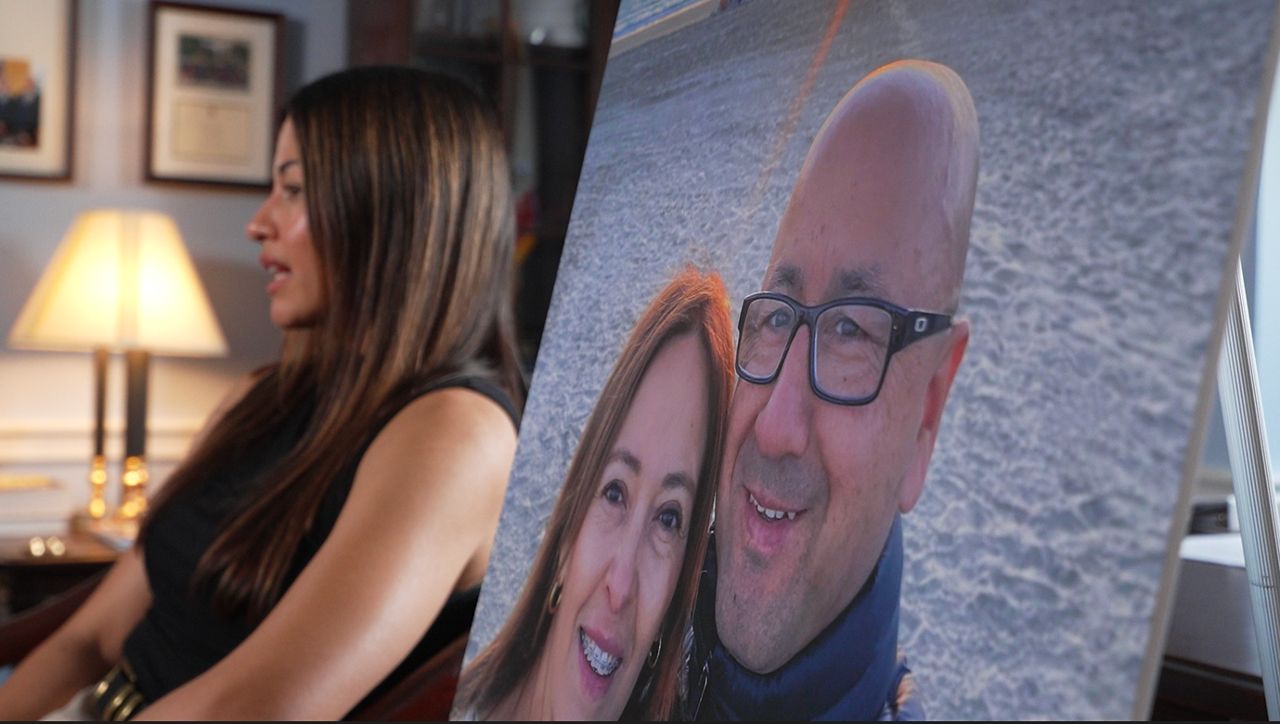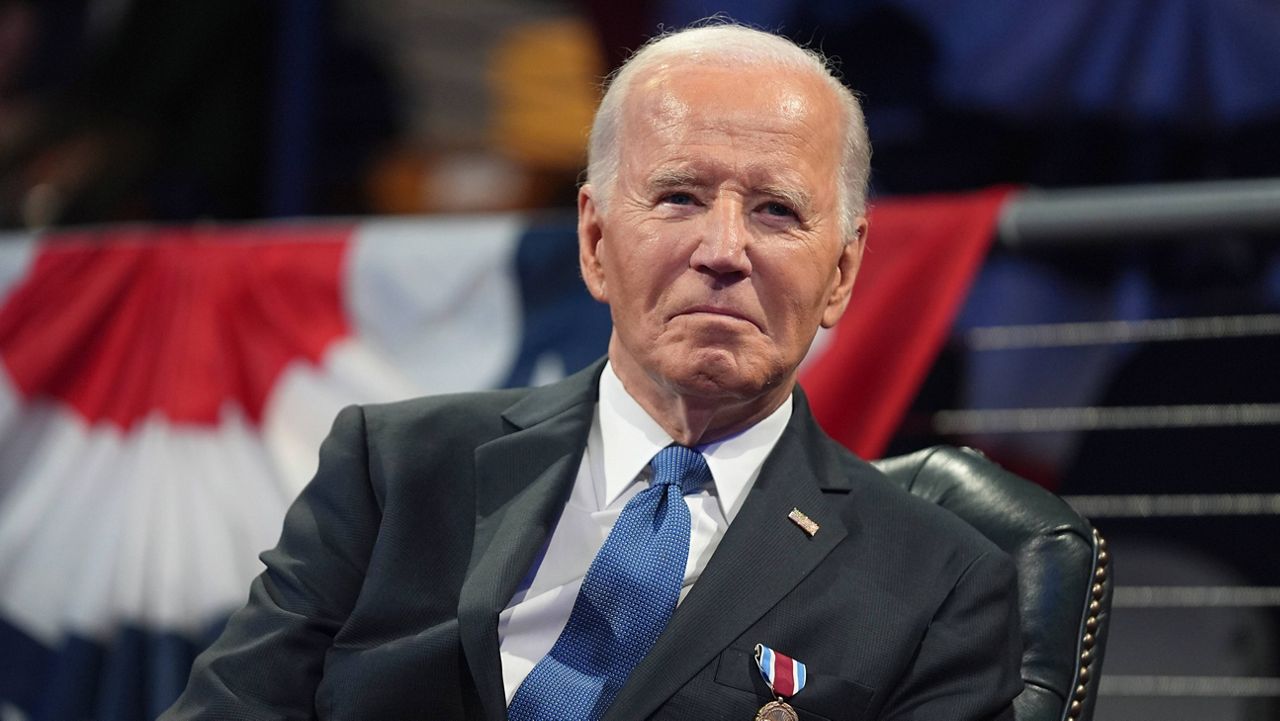President Joe Biden hosted outgoing NATO Secretary-General Jens Stoltenberg at the White House on Tuesday amid a time of increased urgency for the alliance, with the war in Ukraine raging and a new face expected to lead the group in the fall.
“Your leadership and alliance has been through a really significant period in terms of dealing with NATO’s relationship with Ukraine and I think you’ve done an incredible job,” Biden told the secretary-general at the start of the meeting, which had to be rescheduled to Tuesday after the president underwent a root canal on Monday.
The pair met discuss support for Ukraine and preparations for the annual NATO summit in Vilnius, Lithuania next month, according to the White House. Biden added in opening remarks the 31-member alliance has never been more united.
Stoltenberg acknowledged the additional $325 million in aid for Ukraine announced by U.S. on Tuesday. He said the war is an attack on NATO’s “core values and on free people everywhere.”
“President Putin must not win this war because that will not only be a tragedy for Ukrainians, but also make the world more dangerous,” he said. “It will send a message to authoritarian leaders all over the world, also in China that when they use military force, they get what they want.”
Stoltenberg, a former Prime Minister of Norway, has had his tenure as NATO Chief extended three times since he assumed the role in 2014. He announced earlier this year he would leave the post when his current term ends at the end of September.
When asked during a White House briefing on Monday whether Biden would ask Stoltenberg to extend again, National Security Council spokesman John Kirby said he was not going to “get ahead of the president's decision-making,” but said Stoltenberg has done a “superb job.”
Professor of history at Catholic University and non-resident senior associate at CSIS, Michael Kimmage explains the U.S. carries significant weight in decisions because it spends more than any other member country on defense.
“The U.S. is able, one way or another, to set the tone for NATO and set the tone for its conversations,” he said. “It doesn’t mean that the U.S. wins every battle, but it's the kind of guiding light of the association.”
Kimmage added the NATO chief tends to be a leader from northern or western Europe.
Last week, Biden met with British Prime Minister Rishi Sunak, who was expected to push for U.K. Defense Minister Ben Wallace to take the job next. During a joint press conference following their meeting, Biden was asked if it was time for a NATO leader from the U.K., to which Biden responded “it may be,” but members were in talks to find a consensus pick.
Danish Prime Minister Mette Frederiksen, who is considered another contender for the role, was also at the White House last week, but declined to say whether the pair discussed the upcoming opening in the alliance.
Denmark has lagged behind NATO’s target for members to spend 2% of gross domestic product on military budgets by 2030, but recently announced it is looking to bolster defense spending.
In brief remarks after the meeting, Stoltenberg said he discussed encouraging allies to commit to 2% of GDP in defense spending with the president. He said the pair also discussed Sweden joining the alliance.
Sweden and Finland both sought NATO membership after Russia’s invasion of Ukraine. Turkey initially blocked both countries from joining the alliance before agreeing to membership for Finland while continuing to object to Sweden.
In public comments since Turkish President Recep Tayyip Erdogan was reelected last month, Biden has spoken with a measure of certainty that Sweden will soon join the alliance.
“It will happen. I promise you,” Biden said of Sweden’s NATO ascension earlier this month.
Stoltenberg and Secretary of State Antony Blinken have expressed hope that Sweden will be taken into the NATO fold by the time allied leaders meet in Lithuania on July 11-12.
Kimmage noted this is an extremely important time for NATO. He says the alliance has grown stronger over the last year and a half with Finland joining the fold and robust commitments on defense spending from countries such as Germany. At the same time, he says, NATO is facing a big challenge with the war in Ukraine.
“NATO has never had to deal with a hot war in Europe, and one that is with an adversary of the kind that Russia is,” he said. “So its newly strong NATO, but its newly threatened and challenged."
The Associated Press contributed to this report.




